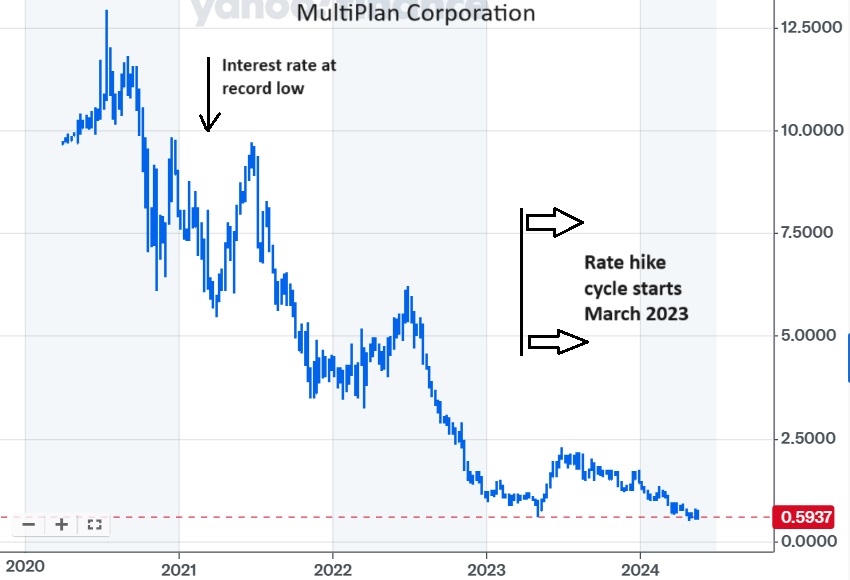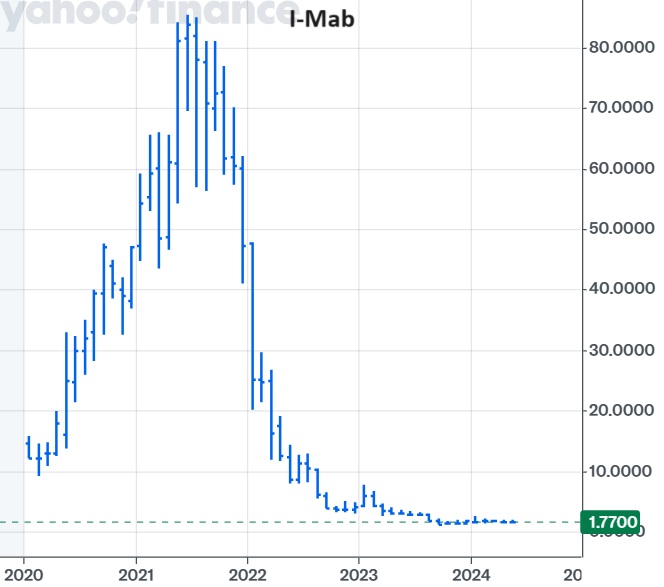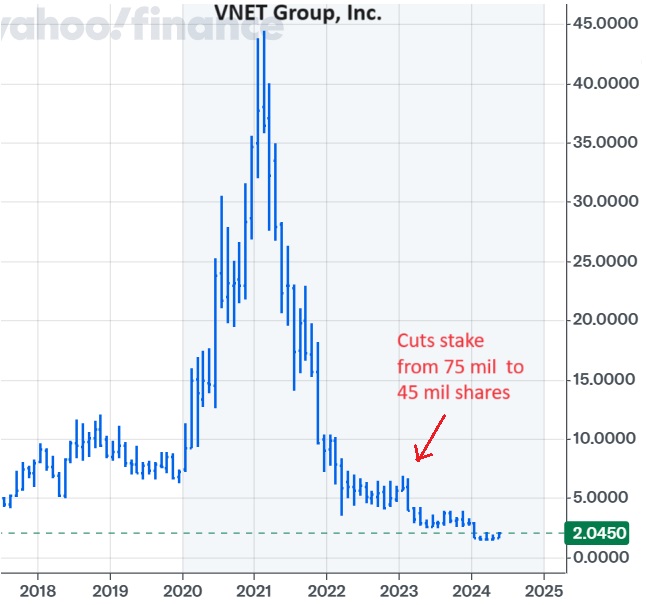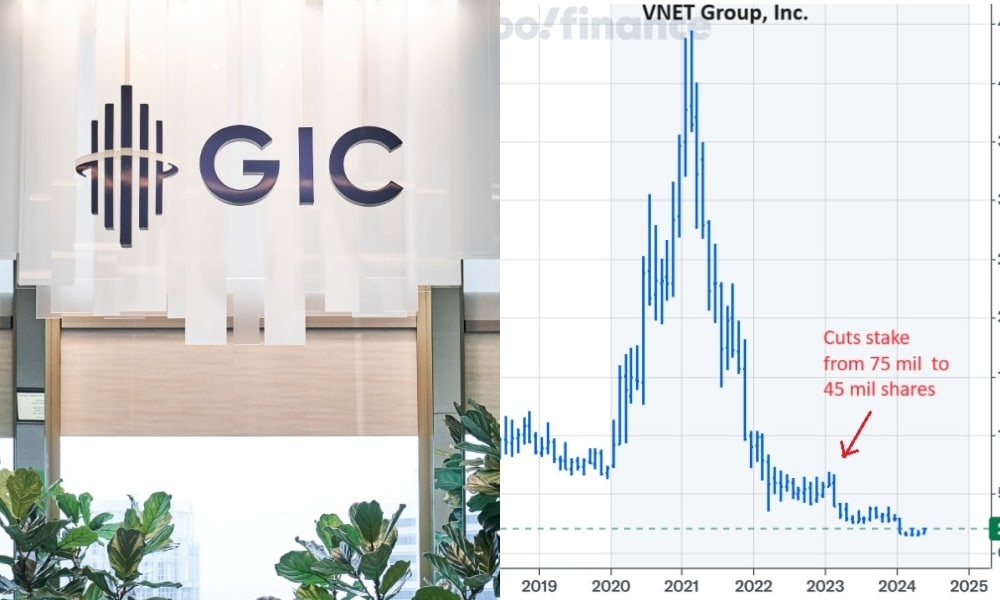In a recent blog post, Singaporean blogger Phillip Ang Keng Hong penned his scepticism over the transparency of the Government of Singapore Investment Corporation (GIC), which manages Singapore’s foreign reserves.
He compared GIC’s transparency to Norway’s sovereign wealth fund (SWF), and further criticised about GIC’s tendency to downplay its unprofitable investments from the public eye.
The vocal critic noted that GIC has made ‘too many’ bad investment decisions and criticised that these are not highlighted to the public.
He argued that GIC’s reluctance to disclose its investments contradicts its image as a competent long-term investor and raised doubts about its transparency and competence.
To illustrate his point, Mr Ang highlighted GIC’s investments made during the pandemic when interest rates were at record lows.
He suggested that many of these investments are likely to result in losses or bankruptcies.
For instance, Mr Ang highlighted the example of MultiPlan Corp, a US-based healthcare technology company offering cost management solutions for healthcare providers and payers.
GIC, alongside the private equity firm Hellman & Friedman, invested in MultiPlan in 2016, acquiring a 7.566% stake valued at US$28 million.

Nevertheless, the stock’s value has plummeted significantly since its peak in 2020, dropping from nearly US$12 to the current level of US$0.55, marking a notable decline of nearly 95%.

In another instance, I-Mab, a clinical-stage biopharmaceutical company in which GIC invested in September 2020, has seen a staggering decline in its stock value, plummeting nearly 97% from its peak in July 2021 (US$81.66) to its current value of US$1.76.
Four years ago, GIC participated in a consortium of institutional investors, led by Hillhouse Capital Group, which injected approximately US$418 million into I-Mab through a private placement.
At the time, Choo Yong Cheen, Chief Investment Officer of Private Equity, GIC, expressed optimism, stating, “Our recent investment represents the strengthening of our partnership with I-MAB. As a long-term investor, we have been supporting the growth of the company from a discovery-focused start-up, through its IPO, and towards becoming a global biopharma. We are confident that the company’s management will continue to maintain a focus on innovation.”

21Vianet Group (VNET), a China-based data centre service provider in which GIC had invested, experienced a significant decline in its stock price.
At its peak in February 2021, the stock price surged to US$41.60 per share.
However, as of the latest information, the stock value has dropped notably to US$1.94 per share, marking a substantial decline of approximately 95% from its peak.

Mr. Ang also presented additional examples, such as Thoughtworks, IHS, Revance Therapeutics, CI&T Inc., Regenxbio, Pagaya Technologies, PT Bukalapak, GOTO Tokopedia, Oxford Nanopore, and Thai Life Insurance.
These examples underscore a concerning trend of declining stock values, despite GIC’s significant investments in these companies.
“The charts speak for themselves and there are of course many more similar investments, and others sitting on lesser losses, ” said Mr Ang.
He further questioned GIC’s potential argument that profitable investments compensate for losses, suggesting skepticism towards accepting such claims without scrutiny.
“Why can’t GIC be as transparent as Norway’s SWF?”
“Why is there a need for GIC to conceal the hundreds of unprofitable investments from Singaporeans?” he queried, pointing out the lack of transparency in GIC’s operations.
In 2023, Saudi Arabia’s Public Investment Fund (PIF) emerged as the most active global sovereign investor, deploying a substantial US$31.6 billion across 49 deals.
In contrast, Singapore’s GIC and Temasek scaled back investments amid market volatility, reporting declining returns.
GIC decreased its investment activity by 37%, deploying 46% less capital at US$19.9 billion, thereby losing its position as the world’s most active sovereign wealth fund for the first time in six years.
Meanwhile, Norway’s mammoth sovereign wealth fund, the Government Pension Fund Global reported a historic profit of 2.22 trillion kroner (approximately $213 billion) for the year 2023.
This marks the fund’s highest-ever return in its native currency. The achievement is particularly noteworthy as it follows a substantial loss of 1.64 trillion kroner in 2022.
The Norway’s SWF widely regarded as one of the most transparent sovereign wealth funds in the world. Managed by Norges Bank Investment Management (NBIM), the fund publishes comprehensive quarterly and annual reports detailing the fund’s investments, performance, and strategy.
NBIM also maintains open communication with stakeholders, including the public, investors, and policymakers. It regularly engages with external parties through conferences, seminars, and consultations.

